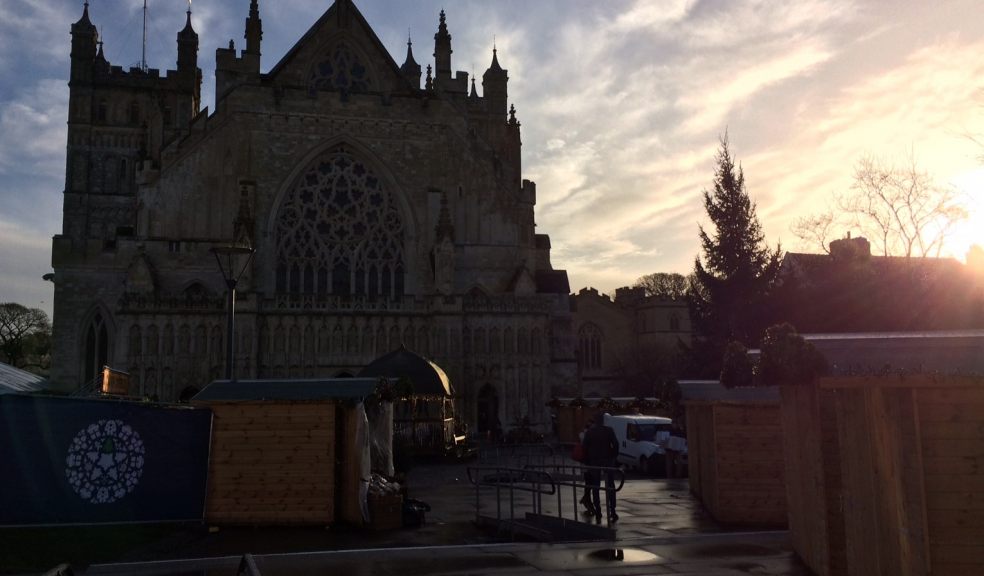
Christmas for Togetherness
As we know, the world is currently experiencing a new wave of nationalism and populism. In the human search for meaning and purpose, one of the appealing solutions is to retreat nostalgically in mythical past eras and places, or to be lured into simplistic social solutions to complex cultural problems.
This kind of thinking suggests that if only we can detach ourselves from the difficulties caused by others, we can recreate a more secure world unthreatened by those people we do not like or understand.
We easily stereotype or scapegoat other groups that are not like ourselves, whilst at the same time casting ourselves as unblemished and blameless. If there were no migrants or scroungers or addicts, our communities would be safer, we believe. If others were not so greedy, or wasteful, or care-less, we’d be better off – conveniently forgetting our own shortcomings and selfishness. A world divided into us and them is a first step towards condemnation and conflict.
These expressions of self-protectionism may have played an important evolutionary role in the past when we’ve needed to reinforce common borders, or build a sense of shared responsibility or setting codes of ethical behaviour. But are they now required to further the common good? We all need clear boundaries but what if they become unclear barriers?
Surely what would be better for everyone is a broader recognition of our common humanity living in our planetary common home. More than ever before we need symbols and images that unite us.
But our materially obsessed world thrusts us into being competitive consumers, purchasing self-indulgences through infinite debt. Self-possessed shoppers grasp at bargains to buy unnecessary products, passing them on to others who don’t require them in an orgy of meaningless overdose. No wonder yuletide loneliness is so endemic.
Devon and Exeter are currently saturated with businesses throwing missives at us to encourage us into buying more and more. The advertising stress on excessive shopping is itself stressing us, leading to unnecessary friction and faction.
Yet Christmas is a season which should overflow with messages of togetherness – mother and child, Jewish Shepherds and Gentile Magi, a new start from an old beginning, peaceful wholeness and social inclusion, cosmic completion through an earthly birth, a fusion of holiness and worldliness. At its core is maternal love writ large across the face of the Earth.
The first human Adam is the new-born creature from the clay. The second Adam, recognised in the Christ child, draws us back to those grounded roots. Together they remind us of our origins in a fused combination of dust and flesh. Both Adams prompt us to care about (and for) the places we inherit and to pass them on to others as we would receive them ourselves.
Christmas sees Adam re-formed as a baby of light and hope shining in the darkness of oppression, injustice and despair. As the Spirit hovers over all the earth, always the waters of Mary break open a new age of possibility…
This article first appeared in Devon Churches Green Action news, December 2018

















